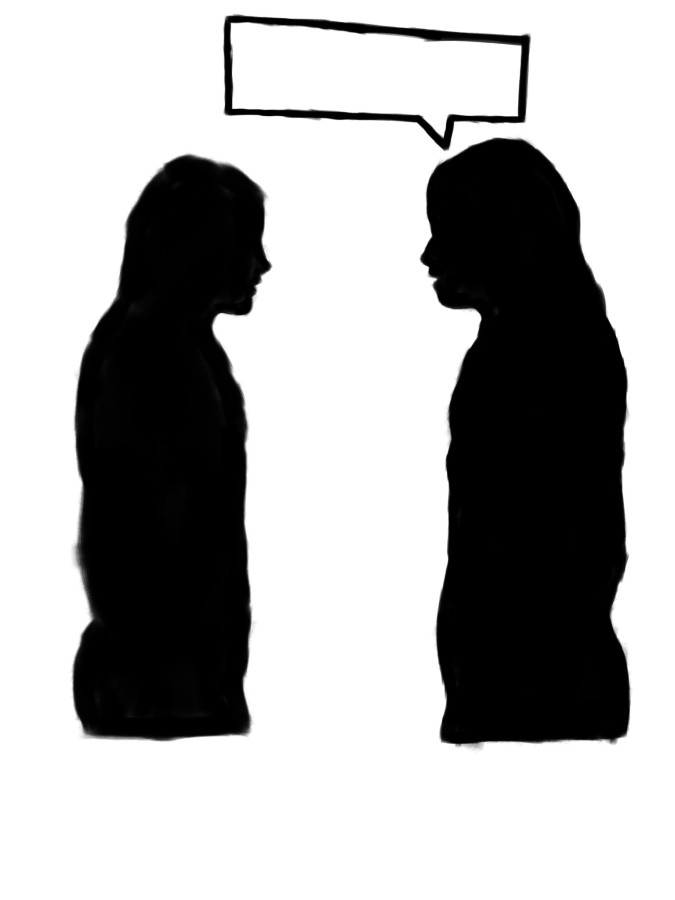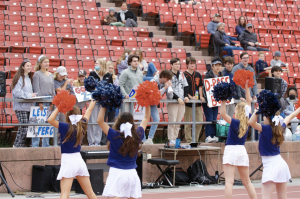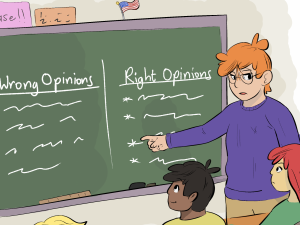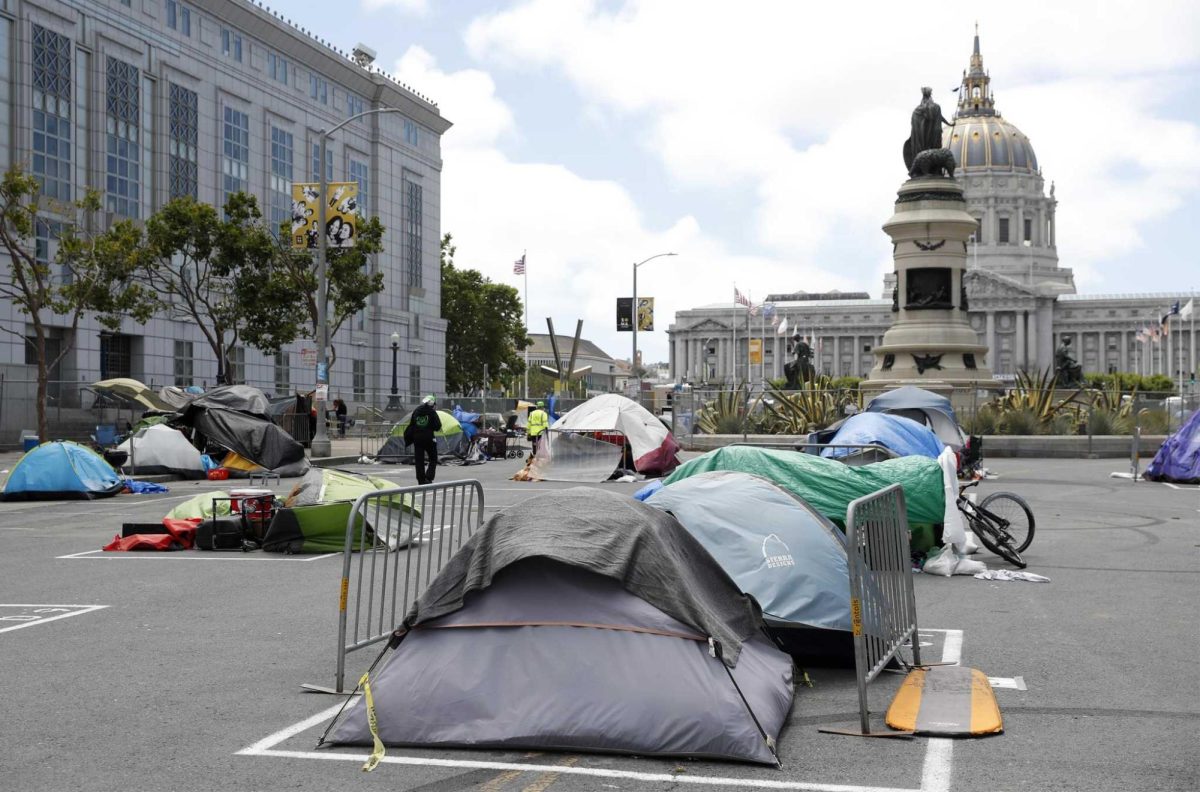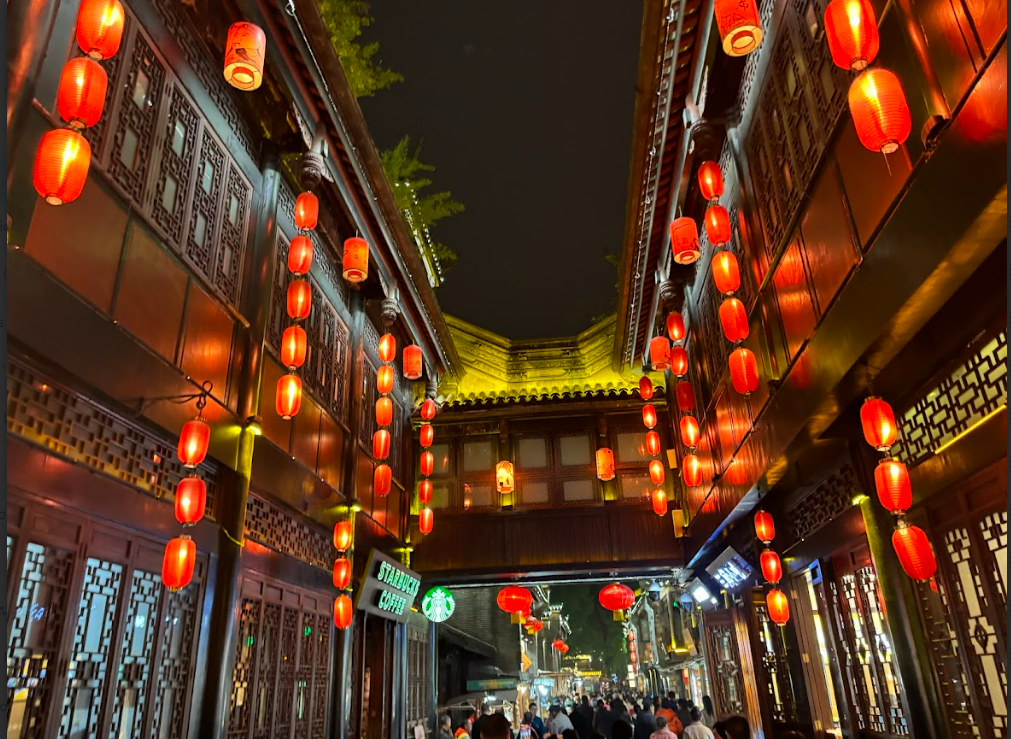Repercussions of the “Slap”
a look at sexism in rap music
April 14, 2016
TV Tropes has a page titled “Unfortunate Implications.” You can look it up for yourself if you want, but in terms of media, the term refers to unintended but prevalent messages in media that work contrary to social justice. For example, the Star Wars prequels got George Lucas accused of racism several times for characters like Neimoidians, Watto, and Jar Jar Binks, who looked an/or behaved like recast caricatures of Japanese people, Jews and black people respectively.
Rap music, particularly standard “Gangsta-Rap” has always been met with similar accusations. The most prevalent criticism being their treatment of women. The lyrics of many popular songs have a very dated view of gender, often portraying women as mere sex-objects to male protagonists. Women rarely take any active role in the narratives portrayed and are always valued far more for their body than their minds or skills. Gianluca Mori ‘18 agreed, “The occurrence of sexism within the rap genre is worrying and far too common. These artists need to stride towards a more open and accepting theme within their music that does not diminish the values of women and all minorities.”
Many critics have also accused traditional rap culture of glorifying, justifying, and even promoting crime, violence, drug use, and other negative behaviors.
Your standard rap, music video doesn’t exactly help their case. A simple Google search of 2 Chainz or any other big name rappers’ Youtube account will lead you to a world full of these vices. Idealizing a life of money, sex and drugs, these videos show near pornographic content and portray unrealistic lifestyles that many listeners consider to be common and standard among men. In “Bandz a Make Her Dance” by Juicy J, he raps, “She got friends, bring three, I got drugs, I got drinks.” Lines like these glorify a life in which women are effectively considered to be just another habit like alcohol and drugs. This is by no means uncommon and has become seeded into rap culture. Anyone who listens knows to expect it, and some won’t listen unless these stereotypes are present.
But why should we care? What people watch or listen to doesn’t necessarily influence them in any notable way, right? When asked whether or not people have a tendency to imitate what they see in the media, Fiona Mittelstaedt ‘18 had this to say: “They say a lot of gruesome and gritty things but when it comes down to it I think it’s just a persona that they put on and doesn’t represent what they are actually like. The rap industry is formed around this very animalistic way where you gotta be at the top and have all the girls and the money and the drugs. It’s important to remember that how they speak needs to stay in the lyrics but it becomes dangerous when what they rap starts to become how they act.” Fiona is certainly right that the things they say is just a persona they put on the please their fans, but the real concern is that sails fans will imitate the media, not the creators.
The roundtable won’t give an opinion on the topic today, but we can say that anything unpleasant in media raises the question of necessity. Constant crime, violence, and all around unpleasantness is prevalent in media such as the video game, Grand Theft Auto or Quentin Tarantino films. However, because it’s usually at the forefront of said media and little effort is made to justify it, it can be considered necessary to the media’s existence and profit and justified in its presence. Yes, like film producers and video game design, artists are catering to what their customers have been proven to buy, but so are arms dealers or hitmen. Demand doesn’t justify being the supplier. Rappers are usually highly talented music artists, and they could no doubt still sell music without all the current unpleasant themes.
Tell us, what do you think? Does rap music and culture have frequent unfortunate implications, and if it does, is it a problem? Let us know.

